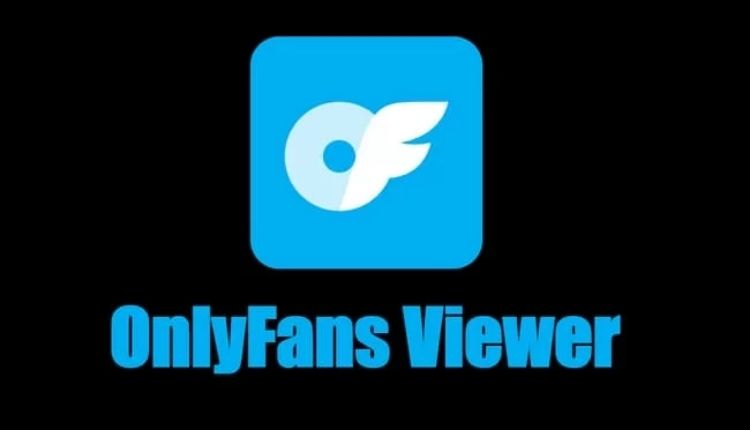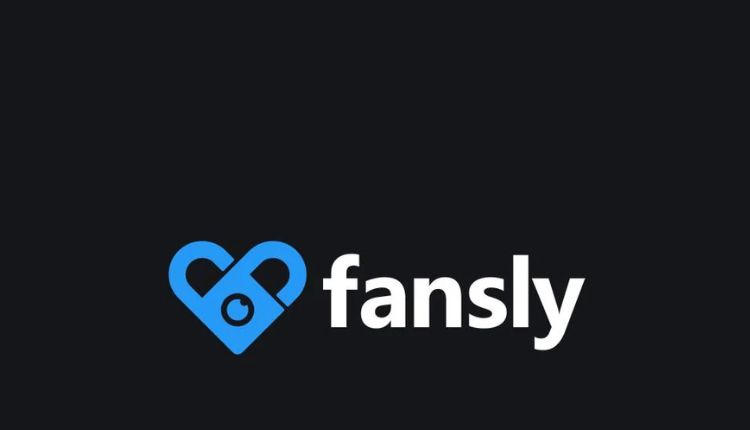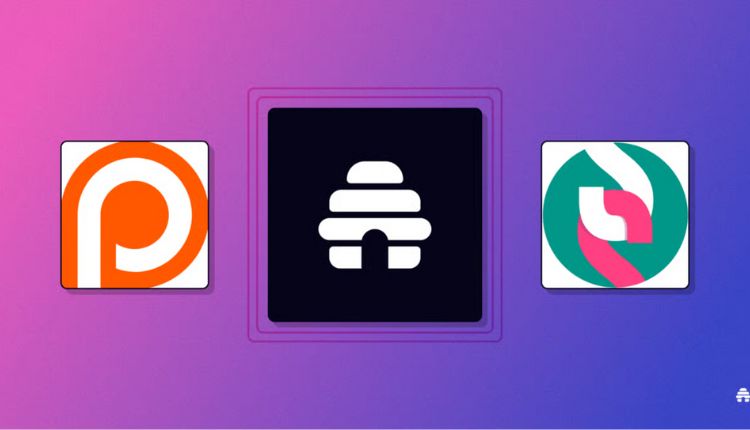One of the more arguable trends in the latest digital records. The phrase refers to the unauthorised disclosure of private records, private pictures, or other sensitive content material associated with people regularly classified under the slang term “coomer”. This leak has ignited enormous debate throughout online communities, raising questions about virtual consent, internet tradition, and the boundaries of personal privacy in the virtual age.
- Origins of the Coomer Meme and Internet Subculture
- What Was the Coomer Leak and How It Happened
- The Role of Online Platforms in Dissemination
- Victims of the Coomer Leak and Their Repercussions
- Legal and Ethical Implications Surrounding the Coomer Leak
- The Importance of Consent and Digital Privacy
- Community Reactions and Polarization: Coomer Leak
- The Cultural Shift Toward Digital Accountability
- Conclusion
Origins of the Coomer Meme and Internet Subculture
To understand the entire scope of the coomer leak, it is essential to discover the origins of the term “coomer” itself. Originally a meme, a man or woman portraying an exaggerated male waster on the internet; the time period quickly evolved into a stereotype used to mock individuals perceived as compulsively ingesting content.
What started as net satire ultimately grew into a complete-blown culture, with forums and groups either embracing or ridiculing the “coomer” identification. This evolution laid the foundation for exploitation, ridicule, and, in the long run, the sorts of leaks now being mentioned.
What Was the Coomer Leak and How It Happened
The coomer leak worried a mass release of sensitive materials, inclusive of private films, pics, chat logs, and other identifying information related to individuals tied to grown-up content consumption or creation. These leaks have now not been restricted to influencers or public personalities; regular users have also been affected.
Hackers or insiders regularly targeted subscription-based person structures, stealing content from paywalled offerings, after which they disseminated it throughout anonymous message forums and file-sharing websites. The aim ranged from public humiliation to extortion, creating a typhoon of moral and prison concerns.
The Role of Online Platforms in Dissemination
Anonymous imageboards, underground boards, and sure Telegram channels played a pivotal role in spreading the coomer leak. These systems, by way of nature, allow for minimal moderation, making them a fertile floor for leaked content to go viral.
The speed at which this material unfolds underscores the dark aspect of decentralised content sharing, wherein personal dignity and consent are often secondary to virality and surprise cost.
Victims of the Coomer Leak and Their Repercussions
The people tormented by the coomer leak faced the effects. For some, reputational damage and emotional trauma were immediate, specifically for those who in no way consented to the publicity of their non-public content. Others handled employment issues, harassment, or social exclusion as their names and faces became associated with the leaked cloth.
The psychological toll of such leaks is profound, regularly resulting in anxiety, depression, and even suicidal ideation.
Legal and Ethical Implications Surrounding the Coomer Leak
Legally, the coomer leak falls under numerous capacity classes such as invasion of privacy, unauthorised information access, and revenge, depending on the jurisdiction. However, prosecuting offenders is complex with the aid of anonymity, jurisdictional boundaries, and the decentralised nature of content distribution.
Ethical issues additionally arise regarding folks who eat or share the leaked cloth.
The Importance of Consent and Digital Privacy
One of the middle issues surrounding the consumer leak is the violation of virtual consent.
In many instances, the leaked content material protected stolen substances from private cloud accounts, hacked OnlyFans subscriptions, or display-recorded movies from paid structures. These violations emphasise the significance of advocating for higher virtual protection, user education, and extra rigorous enforcement of privacy laws.
Community Reactions and Polarization: Coomer Leak
Online reactions to the coomer leak have been predictably polarised. While many condemned the leaks and expressed support for the victims, others mocked or blamed the individuals concerned. This divide reflects broader cultural tensions about internet dependency, personal content consumption, and masculinity.
The mocking tone adopted by means of some segments of the internet adds insult to injury, demonstrating a loss of empathy and maturity in addressing critical breaches of privacy. The controversy reveals a good deal about the dehumanisation that can arise while anonymity and ethical detachment intersect online.
The Cultural Shift Toward Digital Accountability
The coomer leak is part of a broader cultural shift in how society knows and interacts with online identities. Real change can simply come through collective recognition of the damage inflicted and a commitment to constructing safer online areas.
Conclusion
Only via recognition, advocacy, and action can we hope to create a more responsible and respectful online lifestyle.





